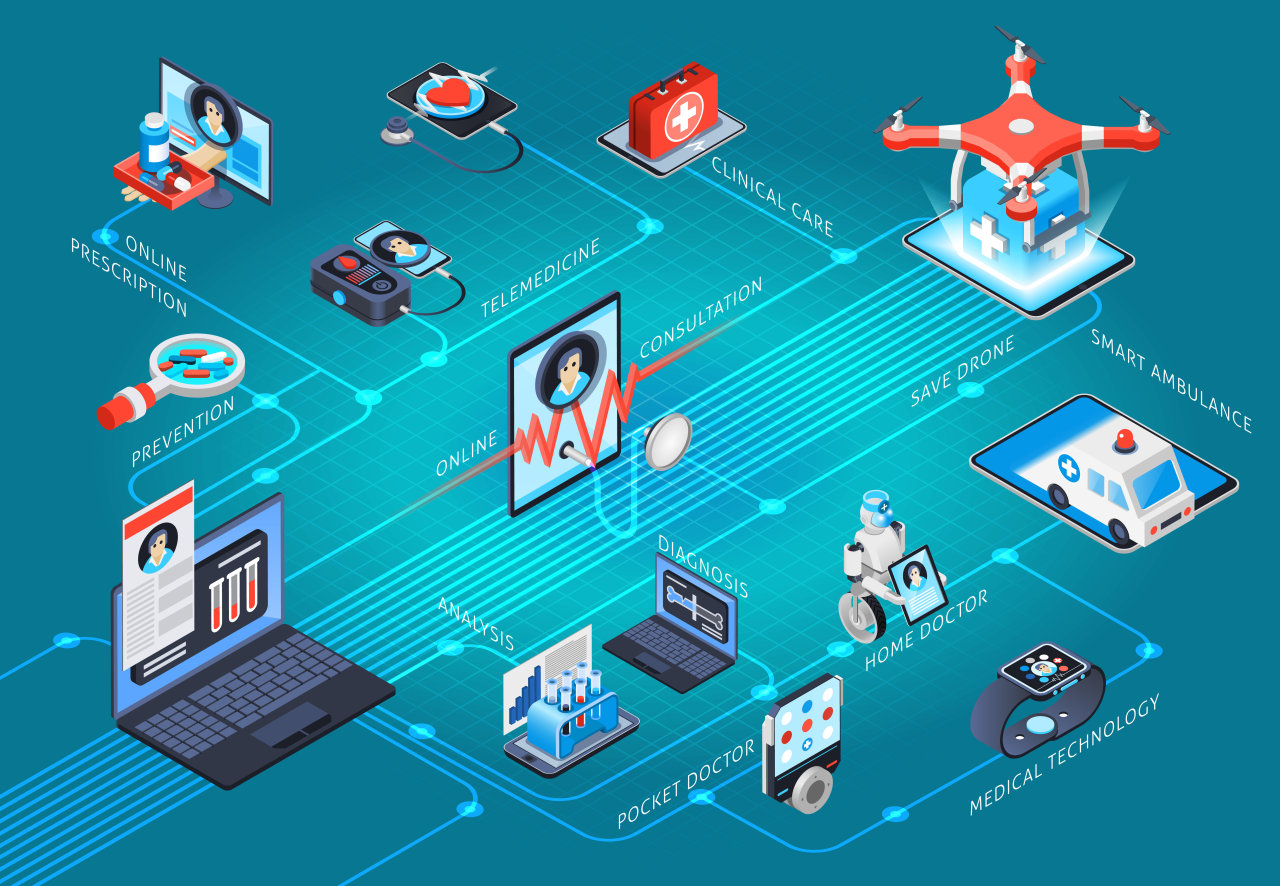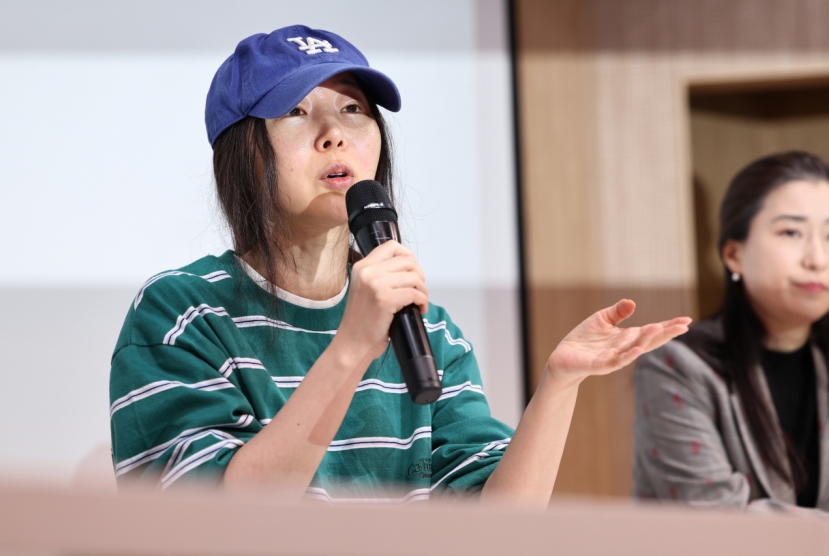Who will take the lead? Naver, Kakao to enter digital health care market
Naver builds smart hospitals while Kakao uses AI to develop new drugs
By Byun Hye-jinPublished : Dec. 24, 2021 - 15:51

The competition is heating up between two South Korean tech giants, Naver and Kakao, to enter the emerging digital health care market worth an estimated 320 trillion won ($270 billion) and growing using artificial intelligence, market insiders said Friday.
According to Naver, it plans to build an in-house “smart hospital” supported by AI in its new headquarters next year. Attending to some 4,300 employees, the medical staff will use its AI technology Naver Clova to keep medical records. If a doctor speaks about a patient’s symptoms and diagnosis, the voice recognition system automatically writes them down.
“Since the AI writes Electronic Medical Records on behalf of doctors, they can examine patients more efficiently with less paperwork,” a Naver official said.
Industry sources say Naver has benchmarked Amazon Care that has been servicing remote medical care to their staff in Seattle headquarters through a mobile app.
Also, Naver recently announced it had forged a partnership with Soonchunhyang University Hospital to further accelerate its AI voice recognition technology for digital health care. The firm invested 100 billion won in Lunit, a local AI-based cancer diagnostics company, as well.
Its rival Kakao, on the other hand, plans to boost its digital health care business by establishing an in-house unit, Kakao Health Care CIC, under its wing.
The firm has appointed Hwang Hee, a pediatrics professor at Seoul National University Bundang Hospital, as the leader of the health care unit.
Based on Kakao’s digital technology, Kakao Health Care CIC aims to target the global digital heath care market, launching a lifetime health care management service and smart medical treatment through AI.
Kakao Brain, the AI technology research and development subsidiary under Kakao, also joined hands with Galux, a Korean bio startup, to provide its AI technology, aiming to drastically shorten the process of developing new drugs.
“Our ultimate goal is to make a ‘digital human,’ an AI that can substitute for a human, in high value-added sector such as bio health care,” said Kim Il-du, CEO of Kakao Brain during an online press conference Tuesday.
According to a market research company Statista, the global market size of digital health care has marked 320 trillion won this year. By 2050, it will drastically grow to 783 trillion won, data showed.
“The surge in new COVID-19 cases has brought into light some drawbacks of face-to-face medical care, prompted by lack of medical staff or infrastructure. On that note, there will be intense competition among domestic and global market players to take the lead in the digital health care market,” said an official from Korea Biotechnology Industry Organization.



![[Herald Interview] 'Amid aging population, Korea to invite more young professionals from overseas'](http://res.heraldm.com/phpwas/restmb_idxmake.php?idx=644&simg=/content/image/2024/04/24/20240424050844_0.jpg&u=20240424200058)
















